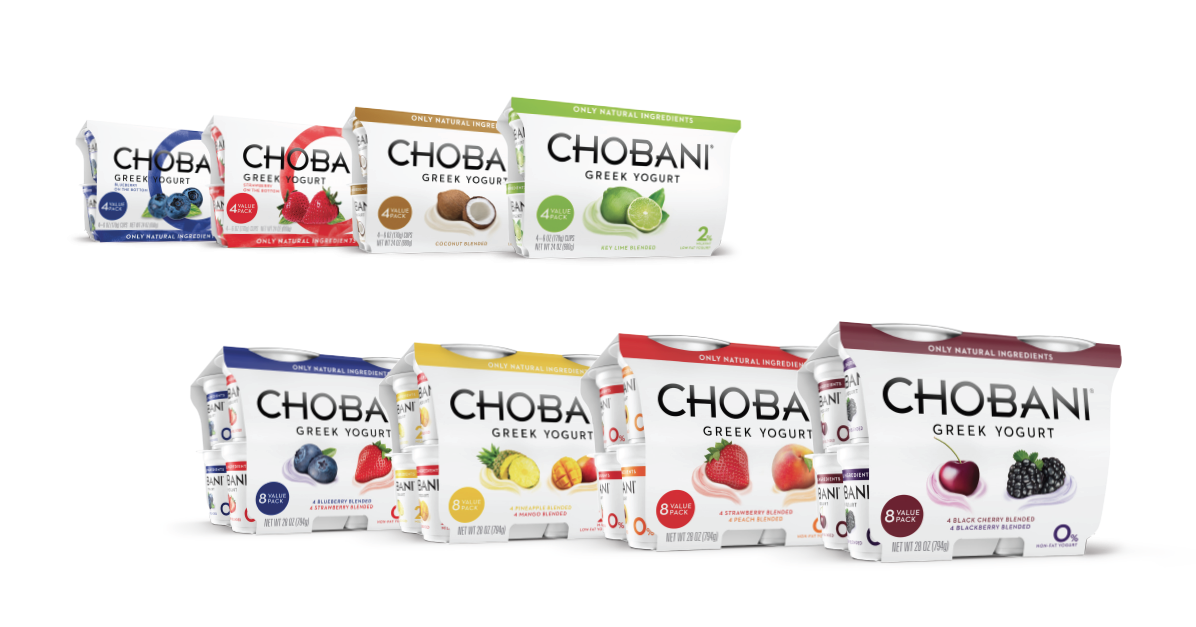Obvious business ideas – of the kind that makes you say, “How come no one ever thought of that before?” – may not sound very exciting, but it’s an area where entrepreneurs can do wonderful things.
A good example of an “obvious” business idea is when an entrepreneur spots an interesting product or service in one part of the world, and “imports” that business idea into a new country or region.
For example, it’s probably never occurred to you that selling packaged yoghurt would be a good business for the American or European markets. If you go to any supermarket in those continents today, the shelves in the dairy section are full of yoghurts where you can’t even distinguish between the brands and types of products on offer. If you launched a new company and tried to sell packaged yoghurts, it would be really difficult to place your products on those crowded shelves. In other words, it doesn’t sound like a great business opportunity.

Hamdi Ulukaya, a first-generation immigrant in the United States, thought differently. In 2005, he applied for a Small Business Administration loan from the federal government and bought a dairy factory that Kraft Foods was closing down nearby. Before coming to the U.S., his family had been operating a dairy farm in Turkey, which made his choice to get into the same business in the U.S. much easier.
Had he studied the local market conditions, the level of competition and the potential difficulty of selling this product to large retailers in a new country, he might have gotten cold feet, but he didn’t. He manufactured the Chobani yogurt (marketed as creamy Greek yoghurt) and began selling it to nearby supermarkets. In less than seven years, his company Chobani expanded and achieved annual revenues of $1 billion.
The story sounds almost too good to be true: entrepreneur brings an idea from a faraway country where a great product was just waiting to be “imported” into new markets. The story of Starbucks is not very different. Selling coffee, as a general business idea, was probably obvious for many Americans who traveled to Europe or Latin America and saw the importance of coffee in those regions. Understanding what it would take to create Americans’ demand for the coffee experience (marketing skills) and figuring out how to make Americans buy it (selling skills) turned out to be the key insights for Howard Schulz, who made the company a global icon today.

For any entrepreneur, being good at selling is essential. But with so-called “obvious” ideas where you provide an existing product or service to a new market, it is even more important to excel at selling. For Hamdi Ulukaya of Chobani, making distribution deals with large retailers in the US was where his selling skills were put to the biggest test. Moreover, because of low barriers to entry in this industry, he had to build the Chobani brand as rapidly as possible in order to preserve market share when copycat rivals flooded in soon afterwards. These marketing and selling skills allowed Chobani to keep growing despite fierce rivalry.
What’s the lesson for entrepreneurs here? Don’t despair if you don’t come up with that world-changing business idea for a completely new product or service. Think of whether you can work with a more “obvious” idea, but to market and sell it better than anyone else .


